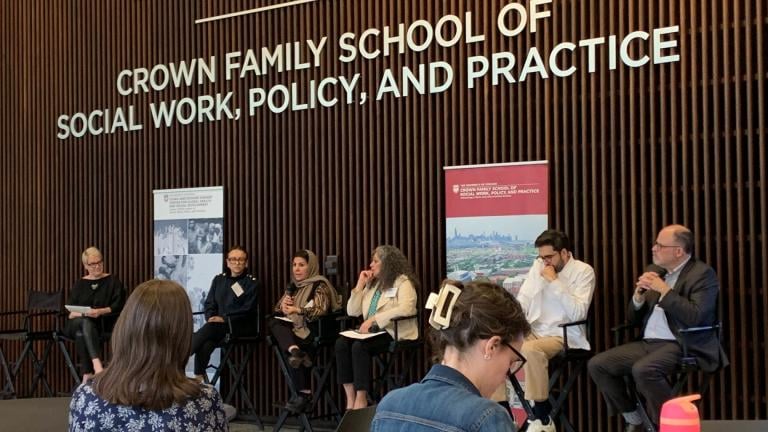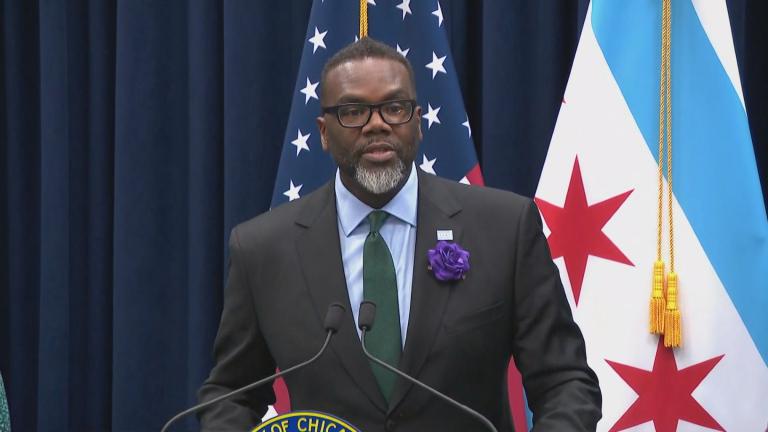A recent report from ProPublica details that some children who fled Afghanistan during the United States’ withdrawal have experienced trauma, self-harm and suicidal ideation while staying at the Heartland Alliance center in Bronzeville.
The investigation by ProPublica reporters Melissa Sanchez and Duaa Eldeib details the dangers of language and cultural barriers inside the shelter as staff are unable to communicate with Afghan youth who fled their homeland and arrived in the U.S. without their parents. Many of these children have experienced anxiety and frustration, according to the report.
The report also found children who have stayed at the center for more than a month have hurt staff and other children.
“These kids were harming themselves, cutting their wrists and being hospitalized on a regular basis for psychiatric holds,” said Sanchez. “Thirty of the youth were hurting other children and hurting staff and because of that, staff were afraid. [Staff] do not know how to respond to the kids. And the thing that really just blew me away was that nobody could speak to the children directly because they had to use burner phones. [Staff] have to use the phone to dial out to an interpreter and wait for an interpreter to get on the line in order to communicate with [youth].”
Heartland Alliance is the largest immigration shelter in the state, and it’s currently housing 77 Afghan youth across its four shelters, with its largest shelter in Bronzeville housing about 41 children. That shelter is experiencing the most problems, according to ProPublica.
Sanchez said that staff are unable to understand the children’s main languages: Pashto and Dari.
“There’s people in the building who can speak Arabic and other languages and are able to somewhat understand what the youth are saying, but it's not the same as direct communication,” she said. “I could only imagine how these kids feel leaving their war-torn country. You know, this country that they have lived in for 20 years, getting put on a plane here and then winding up in this building full of people who can't speak with them. I heard [these workers say] that they do not feel capable of adequately caring for these kids.”
In a statement, Heartland Alliance said the organization will actively recruit interpreters and provide cultural activities to provide urgent support for Afghan youth, and it plans to have 36 interpreters at its four Illinois shelters. Officials say recruiting interpreters will be a slow process as native speakers are required to submit background and vetting checks when hired.








